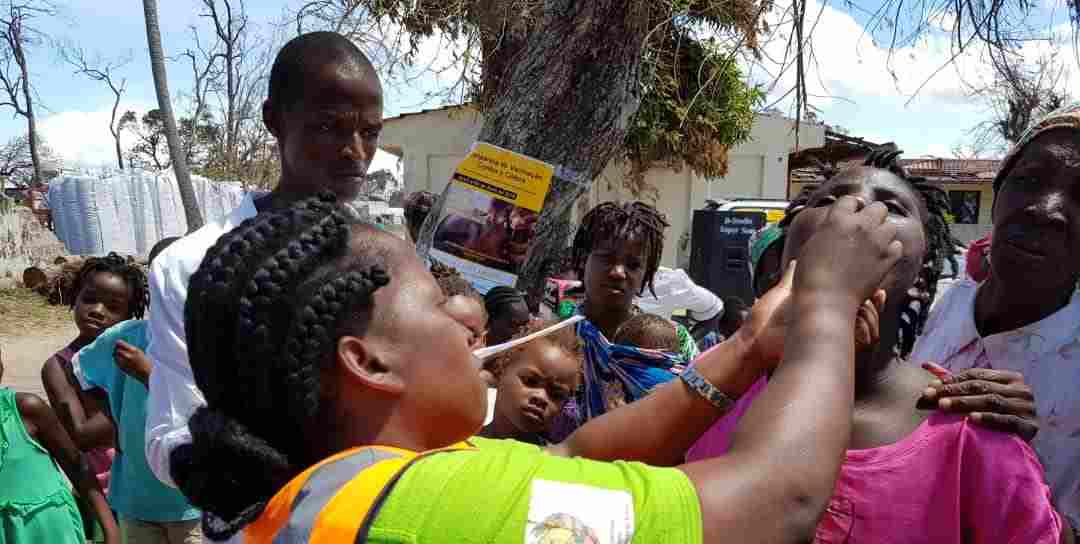Cholera, a severe diarrheal disease caused by the bacterium Vibrio cholerae, has been a persistent public health challenge in many regions around the world. This article delves into the pronunciation of “cholera” and unravels the complex factors contributing to its prevalence in Africa.
Pronunciation of Cholera
The pronunciation of “cholera” follows the British English phonetic system, with emphasis placed on the first syllable: “ko-luh-ruh.” The word derives from the Greek term “kholē,” meaning “bile,” reflecting the historical belief that cholera was caused by an imbalance in bodily fluids.
Understanding Cholera’s Prevalence in Africa
Africa has experienced recurrent outbreaks of cholera, primarily due to a complex interplay of multiple factors. An estimated 26 000 cases and 660 deaths have been reported as of 29 January 2023 in 10 African countries facing outbreaks since the beginning of 2022. In 2022 nearly 80 000 cases and 1863 deaths were recorded from 15 affected countries. If the current fast-rising trend continues, it could surpass the number of cases recorded in 2021, the worst year for cholera in Africa in nearly a decade. Some key reasons for its prevalence include:
Inadequate Sanitation Infrastructure: A significant proportion of the population in Africa lacks access to clean water, proper sanitation facilities, and hygienic practices. This creates a fertile environment for the transmission and spread of cholera-causing bacteria.
Limited Healthcare Resources: Healthcare systems in many African countries face resource constraints, making it challenging to respond effectively to cholera outbreaks. Insufficient medical supplies, trained personnel, and surveillance systems contribute to the persistence of the disease.
Climate and Environmental Factors: Cholera is closely linked to environmental conditions, particularly in regions with inadequate water and sanitation infrastructure. Heavy rainfall, flooding, and contamination of water sources increase the likelihood of cholera transmission.
Population Density and Urbanization: Rapid urbanization in African cities often leads to overcrowding, strained sanitation systems, and inadequate access to clean water. These factors exacerbate the spread of cholera among densely populated communities.
Socioeconomic Disparities: Poverty, limited education, and lack of awareness about hygienic practices contribute to the high burden of cholera in Africa. Vulnerable populations living in impoverished conditions are disproportionately affected by the disease.
Efforts to Combat Cholera in Africa
Despite the challenges, significant strides have been made to combat cholera in Africa. Governments, international organizations, and local communities are working together to implement multifaceted strategies, including:
Improving Sanitation Infrastructure: Investments in water and sanitation infrastructure aim to provide access to clean water, promote proper waste management, and enhance hygienic practices, thereby reducing cholera transmission.
Enhancing Healthcare Systems: Strengthening healthcare systems through increased investment in medical facilities, training of healthcare personnel, and the establishment of robust surveillance and response mechanisms enables better management of cholera outbreaks.
Health Education and Awareness: Community engagement, public health campaigns, and educational initiatives raise awareness about cholera prevention, proper hygiene practices, and the importance of clean water sources.
Vaccination Campaigns: The use of oral cholera vaccines has shown promise in reducing the impact of cholera outbreaks. Vaccination campaigns targeting high-risk areas help mitigate the spread of the disease.
Image Credit: WHO




